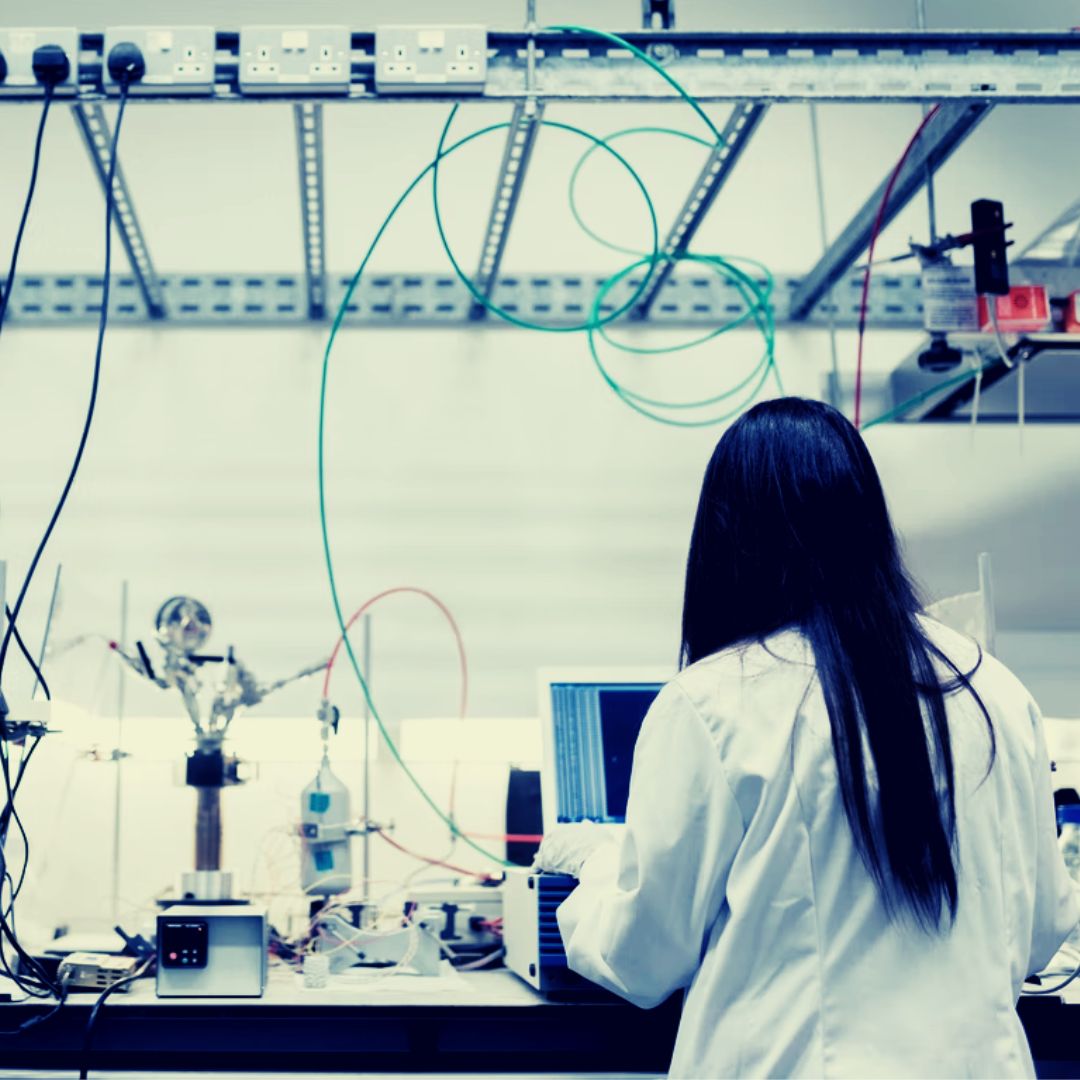
Image Credit- Unsplash (Representational)
Women Are Less Likely To Receive Authorship Credits In Scientific Research Than Men, Reveals Study
Writer: Mrinalini Kaushik
She is a student of journalism, keen on learning new ways to unlearn, deconstructing news and life. Interested in exploring new media as medium is the message. Avid follower of sports and politics
Others/World, 26 Jun 2022 6:36 AM GMT
Editor : Shiva Chaudhary |
A post-graduate in Journalism and Mass Communication with relevant skills, specialising in content editing & writing. I believe in the precise dissemination of information based on facts to the public.
Creatives : Shiva Chaudhary
A post-graduate in Journalism and Mass Communication with relevant skills, specialising in content editing & writing. I believe in the precise dissemination of information based on facts to the public.
Women in scientific research have less probability of having authorship credits than their male counterparts, and they are more likely to report discrimination and undervaluation of their contribution.
A new study has found that women working in scientific research are less likely to get authorship credits on research articles, especially in papers considered 'high-impact'.
The study also found that the gap between women and men in authoring patent-related projects stood at 59 per cent. Even in areas of health, where women are in the majority, they are less likely to get contribution credit than men.
How Was The Study Conducted?
The study analysed administrative data of research projects among 52 colleges and universities in the US, and the duration was from 2013 to 2016. It matched the data of 1,28,859 scientists with corresponding 39,426 articles published and 7,675 patents as cited by Wion News.
Julia Lane, the co-author of this study and a professor at New York University (NYU), remarked, "We have known for a long time that women publish and patent at a lower rate than men. But because previous data never showed who participated in the research, no one knew why."
The study was the first time researchers used massive data from various administrative departments of the institutes to ascertain who contributed.
According to The New Indian Express, they confirmed the data with who got a stipend for which research paper, thus, finding out who was given authorship credit while publishing the research.
Findings: Gender Bias Highlighted
The study's results indicated an apparent discrepancy as 43 per cent of women had been alienated from authorship credit to a particular research project even after contributing as against 38 per cent of men. It also signified that women were likelier to report the discrimination faced and how their work was devalued while publishing the research.
Lane commented on the findings, "There is a clear gap between the rate at which women and men are named as co-authors on publications. The gap is strong, persistent, and independent of the research field."
Also Read: Triumph! Cyclist Ronaldo Singh Becomes First Indian To Bag Silver At Asian Championship
 All section
All section













